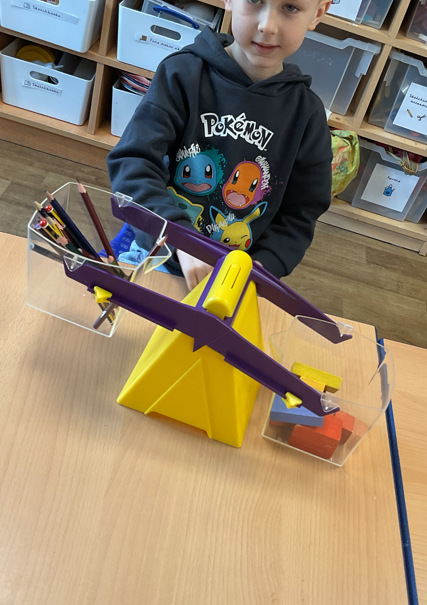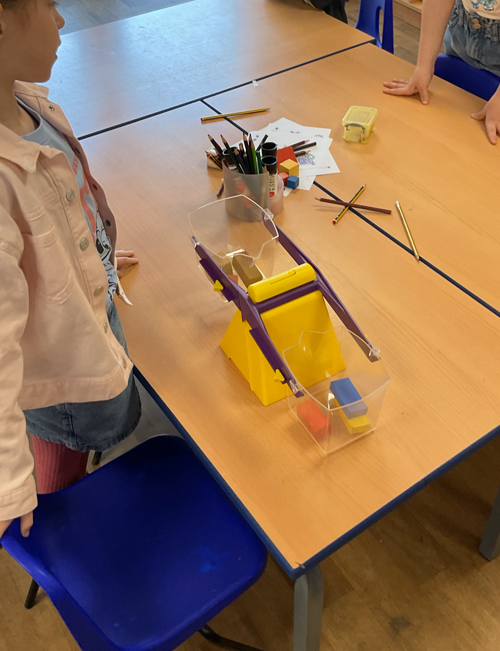Maths
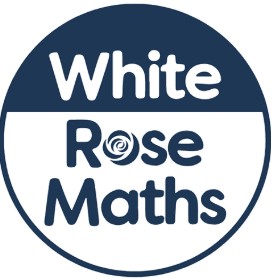
White Rose Maths
We use the White Rose Scheme at St Joseph's as we believe it creates knowledgeable and able mathematicians who have a life-long love of maths. It offers our children the ability to learn the language of maths and to use it to communicate their mathematical thinking, to be fluent in key skills, to have a thorough conceptual understanding of age-appropriate materials and the ability to confidently apply their knowledge to unknown and everyday situations.
Advice and guidance for parents | White Rose Education
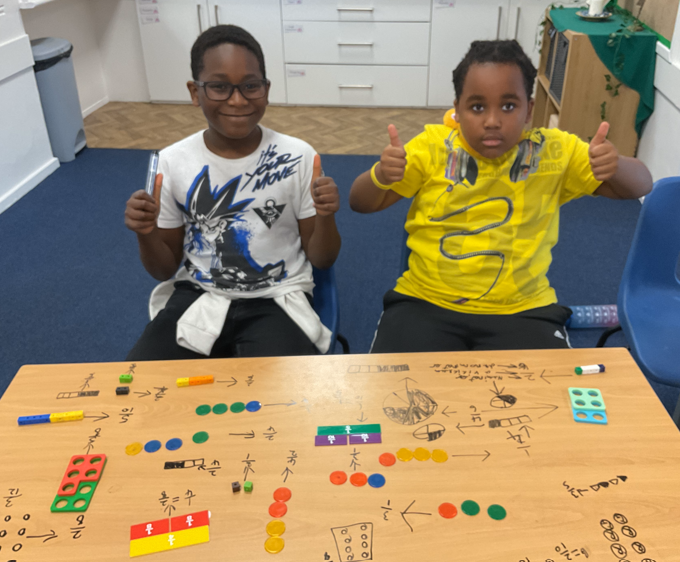
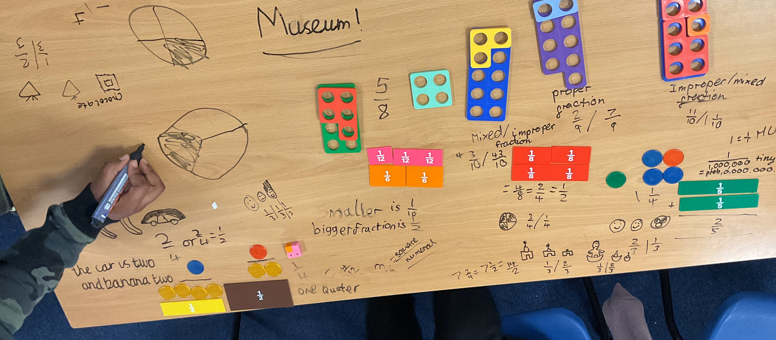
Our Aims
Here at St Joseph’s Catholic Primary School, we aim to develop our children’s mathematical skills by providing them with a secure understanding of number and to nurture their confidence when using a range of efficient strategies for addition, subtraction, multiplication, division and problem solving. We also provide our children with experiences of fractions, shape, measures and statistics in a range of creative and thought-provoking contexts to support them in their mathematical journey and help them to appreciate the power of numeracy whilst encouraging curiosity as they become conscientious mathematicians!
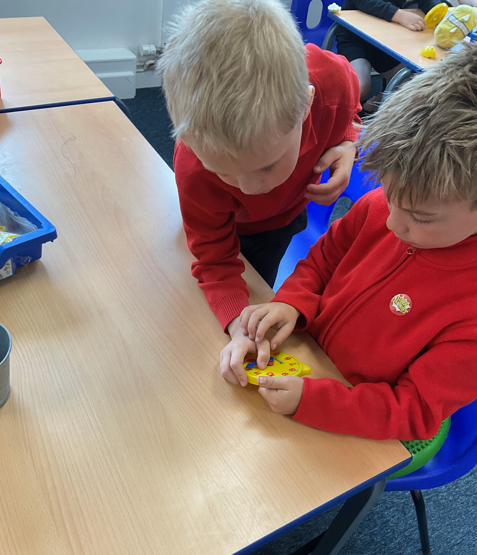
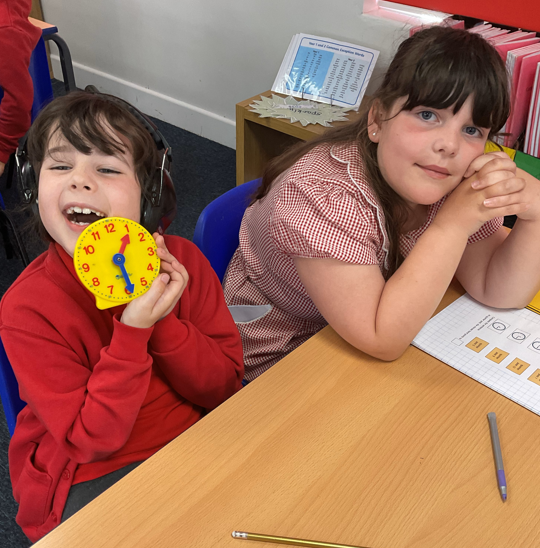
National Curriculum
The three main aims of the national curriculum are for all children to be fluent, to be able to reason and problem solve. Some children may require more support at times, but we would still expect them to be exposed to reasoning and problem-solving questions. Staff follow a carefully designed, logical and systematic sequence to teaching mathematics. Time is spent exploring age-appropriate tasks and all children are supported and taught how to explain their reasoning and apply this to solving problems.
Children also are provided with a carefully structured daily practise of fluency as we believe this will move our children towards being able to rapidly recall number facts and solve problems with unconscious competence and increasing self-confidence.

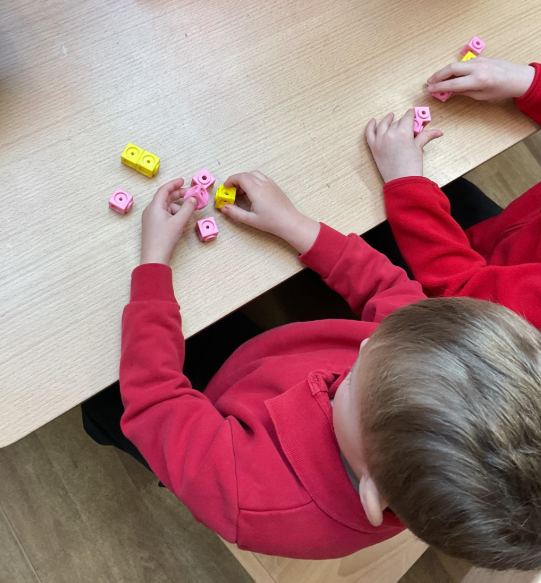
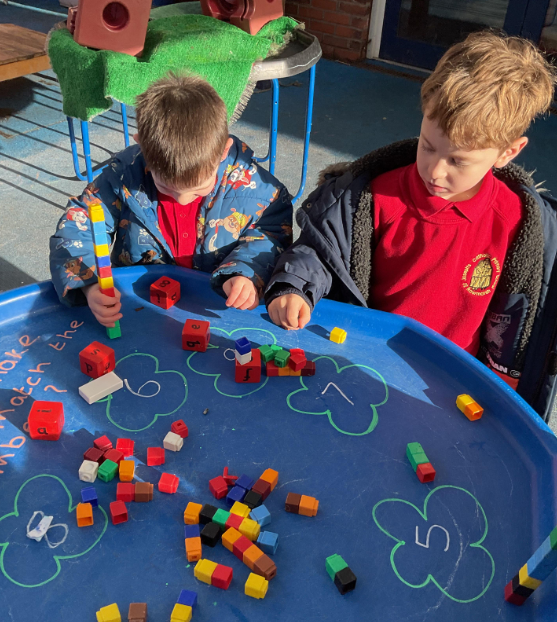
Reasoning and Problem-Solving
We aim to vary the level of challenge in our reasoning and problem-solving questions so that some are accessible to every child while others help stretch thinking and deepen understanding. Where children have achieved mastery of a concept, we aim to deepen that understanding through non-routine problems and situations that require children to generalise and note patterns and connections.
Teachers are provided with long term and medium-term plans but adapt these to meet the needs of their pupils following assessments and gap analysis. We also use the Ready to Progress Criteria published by the DfE to help identify the key knowledge that needs to be understood before children move to the next academic year.
